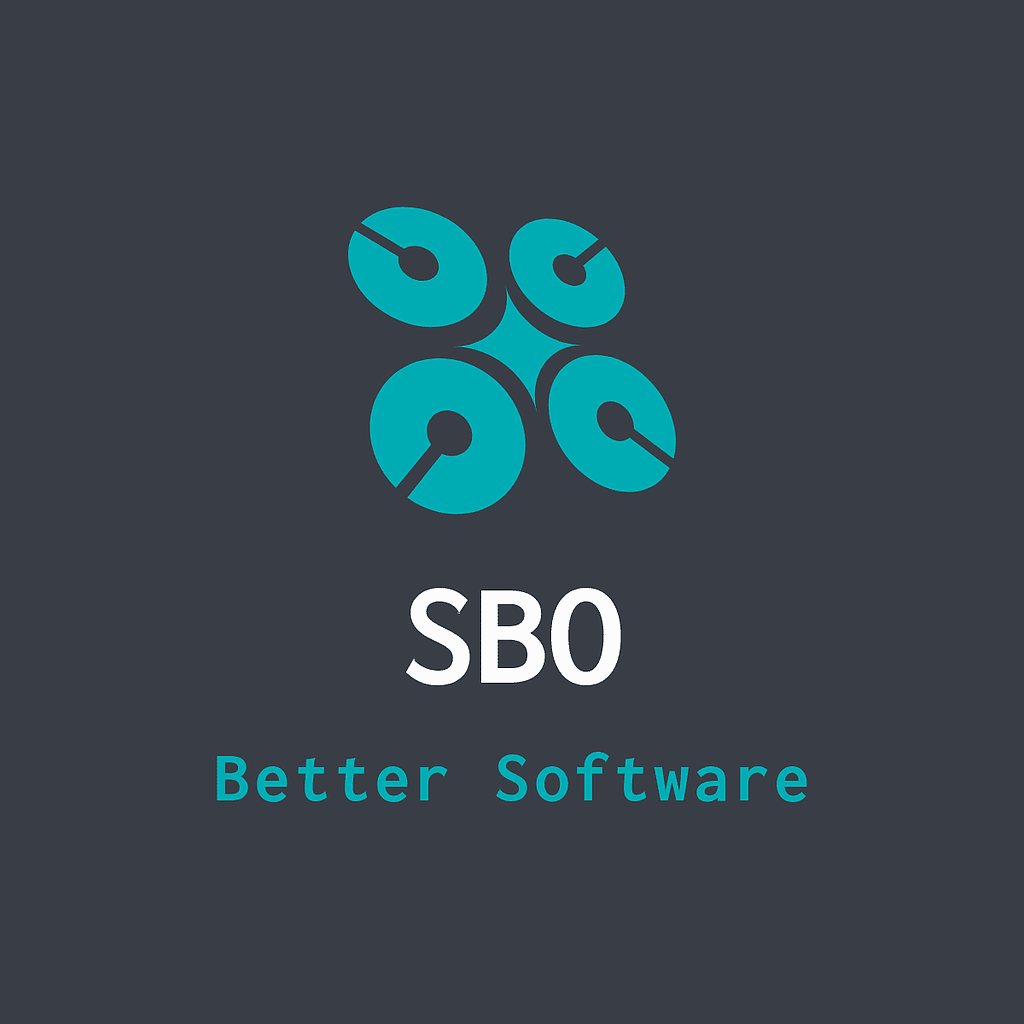Technical Outline
To improve operational performance and establish independence from the complex licensing arrangements, every small business needs the right tools. The following technical paragraphs describe the platform and are intended for the folks administering small business IT right now, whether that be internal or your favorite vendor of Information Technology services.
Network drives are the building blocks of an organization, they allow us to easily share documents in the office, and make it possible to access the files remotely and from any device. The infamous "P" Drive is the classic representation of a company's bread and butter. Often full of business plans, marketing material, quarterly, and yearly earnings reports, the "P" Drive is your oyster when it comes to getting the job done at work (The "P" can be substituted for whichever letter your office prefers, such as "Q" or "U"). What are the current pain points with the normal small business's "P" Drive? Well, often times it isn't cross-platform capable, or even worse, restricted to the LAN at the office. Employees will tend to come up with workarounds to get the job done, whether it be emailing oneself a copy of a file or using peripherals to achieve similar results, and it often is a place where operating efficiency has plenty of room to improve.
Mor often than not, managed IT service providers will apply solutions to complicate and make matters worse, ie "The next generation network devices", or in ancient times, firewalls. Often, we accept the status quo when it comes to network security, and would rather be safe than sorry.I am here to tell you as a friend or an acquaintance, one will achieve more security and less downtime and complexity, by utilizing the correct software tools and infrastructure from the foundation. The firewall problem and costs are examples of sheddable burdens. What will the technologies of the future look like? How will secure access for employees work remotely?
There are dozens of approaches to overcome these pain points for employees, such as cloud drive storage, or AD. With these solutions, emerging small businesses are constantly looking for the latest breakthrough in innovation to complete such tasks. Too frequently, these strategies are costly. If you're lucky enough to peer deep into your licensing agreements with your current sync system, you may be familiar. Set your bar high, and adopt a less restrictive, open infrastructure to drive your business to the cloud.
For network drives, Samba is the obvious system choice. We will host, or if you prefer, connect to your Samba suite for file shares, and integrate the system directly into other IT systems like Email or Payroll. Likely you're at a company that has grown from when it started, file access permissions may be re-used and extended to serve more devices across more platforms. No one knows your infrastructure like you, and for that very reason, we chose a strategy for interoperability and secured roadmap.
